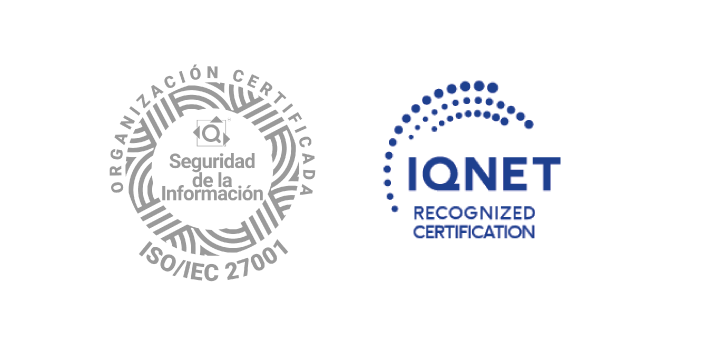Crystal Lagoons, an innovation multinational that develops large crystalline lagoons, and its founder, scientist Fernando Fischmann, were once again honored internationally.
The Green Apple Award recognized the sustainable impact of Crystal Lagoons technology. He highlighted the contribution of his Public Access Lagoons ™ projects which, once in a global regime, would reduce the carbon footprint in tourism and transportation by more than 40%. This is because the PAL™ developments would reduce travel to coastal destinations and natural beaches, which creates around 35 million tons of CO2 across the world every year, mainly due to travel by car and plane.
The disruption involved in bringing the beach to cities through these public access projects, as was the case 200 years ago in England when a piece of woodland was introduced into London and urban parks were created, would generate a saving of more than 40% in the CO2 footprint, representing 14 million tons of CO2 (the equivalent of 51.3 billion kilometers by vehicle), as people could get to the beach by cycling, using public transport or by short car journeys.
The “Green Apple Award” is sponsored by highly reputed British environmental organizations and Crystal Lagoons® technology was chosen from among more than 500 nominations.
Meanwhile, the more than 2,630 patents currently registered in 190 countries in the innovations portfolio developed by Fischmann, have led the World Intellectual Property Organization, a UN-dependent body dedicated to promoting the protection of scientific, literary, artistic and industrial work, to award the “Gold Medal for Inventors” to the Crystal Lagoons founder.
The impact of his invention, relating to large crystalline lagoons, and in recent years diversifying towards new high-impact areas such as desalination, food, medicine, electronic and logistics commerce, are an expression of experience and the correct use of the worldwide patenting system.
The purpose of the award is to promote inventive activity in every country and its global intellectual protection. What clearly makes Fischmann’s case stand out is the ability to research, develop technology and intellectually protect it.
Original content






